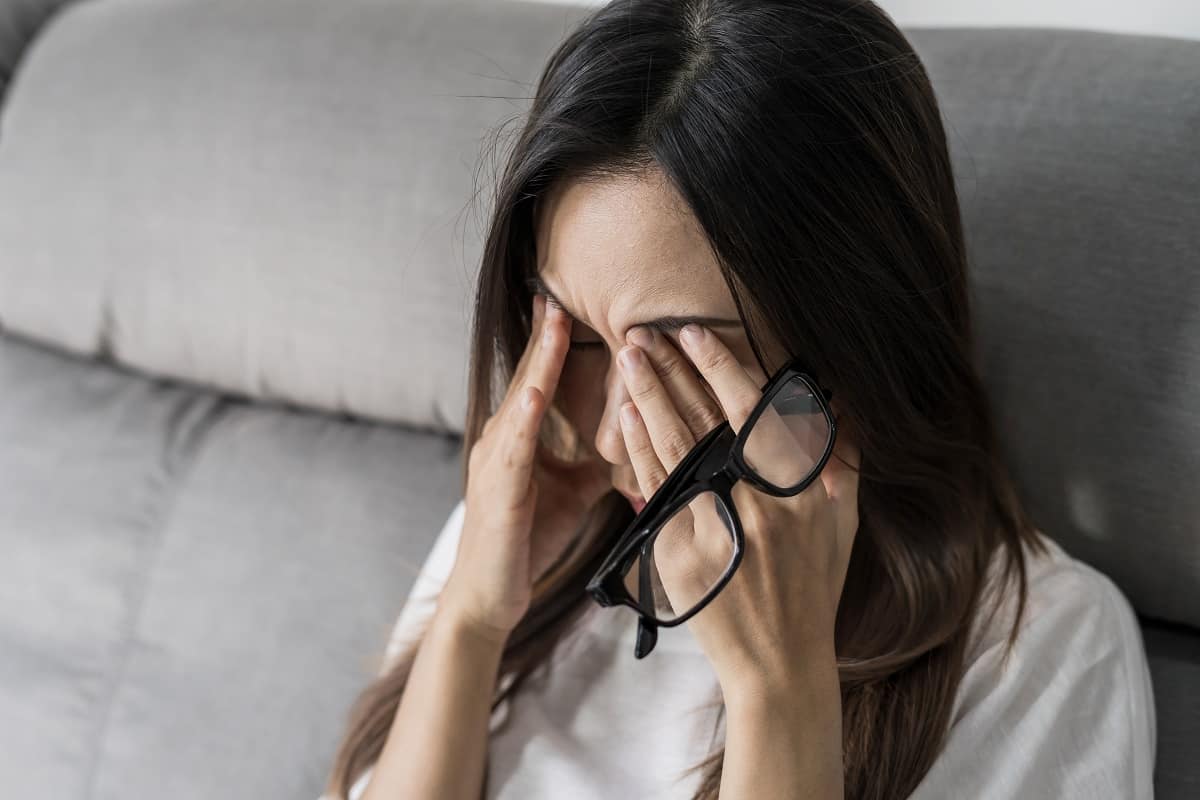An eyelid twitch, medically known as myokymia, is a painless, involuntary movement or spasm of the eyelid muscle. Usually twitching occurs in the upper eyelids of both eyes, although the lower lids can be affected, too.
For most people, eyelid twitching is an occasional condition and resolves itself without treatment intervention. But in certain cases, the problem can become ongoing, with the twitching becoming more severe and problematic. Chronic, serious eye twitching can make the eyes sensitive to light and even interfere with visual clarity.
Read on as the team at Laser Eye Center of Miami reveals the common causes of eyelid twitching and suggests some potential solutions.
Potential Causes of Eyelid Twitching
The following factors have been known to trigger or worsen eye twitching:
- Fatigue
- Stress
- Digital eye strain
- Alcohol and caffeine
- Dry eye disease
- Allergies to dander or dust
- Certain medications such as those used for Parkinson’s disease
In rare cases, ongoing eyelid twitching can be caused by an underlying problem such as Tourette’s syndrome, dystonia or Bell’s palsy. But these are very rare exceptions.
Solutions to Eyelid Twitching
If you are experiencing regular eye twitching, you can try doing the following to ease the problem:
- Manage stress with yoga, breathing exercises or meditation.
- Fight fatigue by getting more sleep or taking a nap during the day.
- Have your vision checked to ensure your prescription is up to date. Get screened for dry eye disease and if diagnosed, use artificial tears to lubricate the eyes.
- Take allergy medication as needed if you have known allergies to dust, dander or other allergens.
- When using digital devices for prolonged periods of time, give your eyes regular breaks to focus on other objects. Follow the 20-20-20 rule: every 20 minutes, focus on an object 20 feet away for 20 seconds.
- Limit caffeine or alcohol intake and avoid other stimulants.
When Should I See a Doctor about Eyelid Twitching?
If you experience persistent eyelid twitching that is uncomfortable or annoying, or the twitches are accompanied by facial spasms or drooping in your upper eyelids, you should call a doctor to get checked out. After determining the root cause of the problem, the doctor can suggest a safe, suitable treatment solution.
For more information about problems affecting your eyes or eyelids, please contact the team at Laser Eye Center of Miami today.






